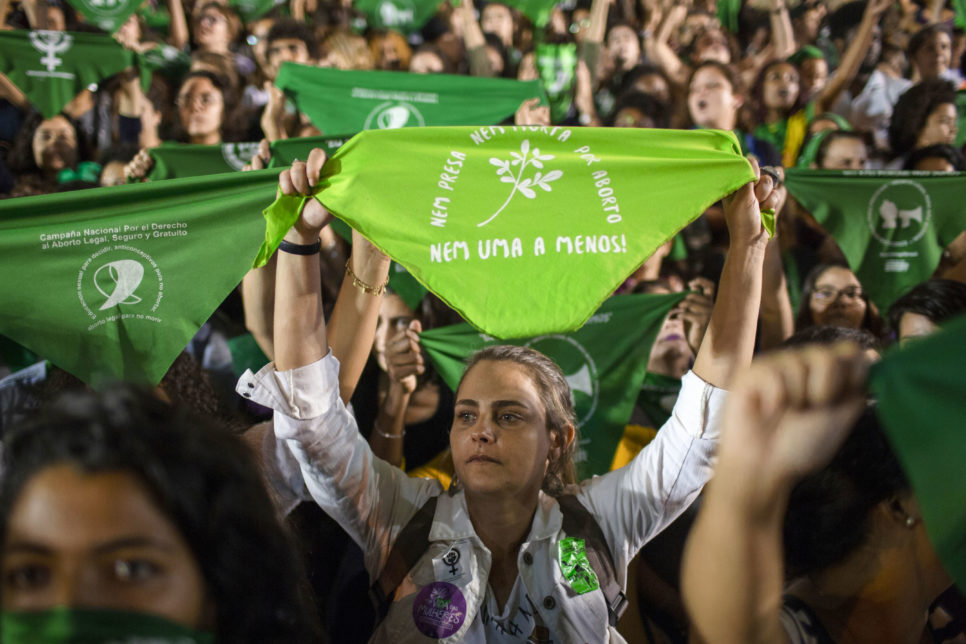In 2003, Brazil took an important step towards guaranteeing the constitutional right of quilombola communities to their territories with the publication of a presidential decree (4,887/2003) regulating the process of identification, recognition, delimitation, demarcation and titling of these lands – which are home to at least 1,098 communities and over 80,000 people across the country.
In June 2004, the political party PFL (Liberal Front Party, now called Democrats) filed an ADI (Direct Action of Unconstitutionality), no. 3239, in the Supreme Court to overturn the decree. The party made two main arguments: it claimed that there was no prior law giving validity to the decree, and it was opposed to self-definition as one of the criteria for declaring quilombola communities.
Conectas, the Pro Bono Institute and the Brazilian Public Law Association were admitted to the case as amicus curiae and, in their contribution, they developed the concept of social interest to justify the expropriation of private lands to enforce the duty to protect Afro-Brazilian cultural heritage and the way of life of quilombola communities.
Read more
Refuting the claims made by the petitioners, the organizations also stated that the decree does not establish the simple expression of the group’s wishes to guarantee the land title, but it also requires the criteria of territoriality and collective identity of a historical-anthropological nature.
Finally, the organizations highlighted that the land-title registration process established by the decree incorporates international human rights standards ratified by Brazil – in particular, International Labour Organization (ILO) Convention 169 on indigenous and tribal peoples.
The judgment of ADI-3239 began in April 2012 and the rapporteur of the case, Justice Cezar Peluso, voted for the unconstitutionality of Decree 4,887/2003. An adjournment was then requested by Justice Rosa Weber and the judgment only resumed in March 2015. Justice Weber voted against the rapporteur, arguing for the inadmissibility of the case and the constitutionality of the presidential decree. The judgment was interrupted again at the request of Justice Dias Toffoli and was only resumed and concluded in 2018, with a majority formed in favor of the constitutionality of the decree. Most of the justices also rejected the possibility of setting a time frame for quilombola territories.
Technical information:
Case: ADI-3714
Court: Supreme Court
Status: Classified as impaired on account of Law 4,151/2003.
Procedure: Judgment concluded in favor of quilombola communities, with the upholding of Decree 4,887/2003.
- 11/20/03 – Publication of Decree 4,887/2003
- 6/25/04 – Initial petition
- 9/16/04 – Request for admission as amicus curiae
- 4/18/12 – Start of judgment and request for adjournment
- 3/25/15 – Resumption of judgment and another request for adjournment
- 2/8/18 – Completion of judgment





